Lee Changho: The Stone Buddha
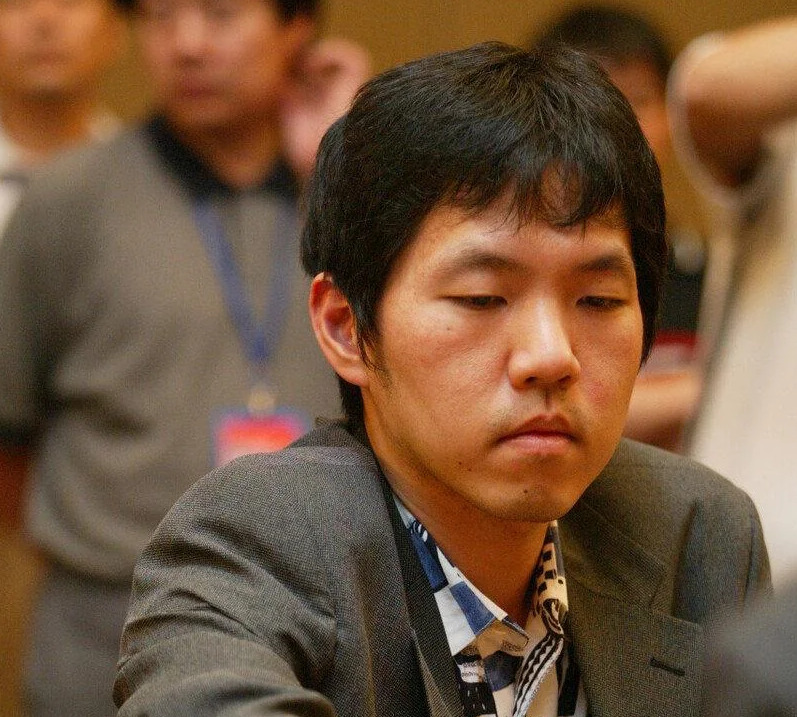
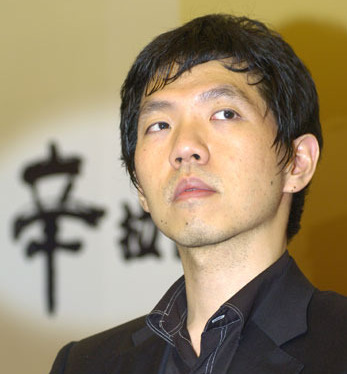
By all accounts Lee Changho was not a particularly interesting player. Although as a child his talent was evident, he lacked the demeanor and flair of young prodigies. Even his mentor, Cho Hunhyun, described his style as nondescript and inarticulate. As Yuan Zhou recounts in his book Master Play: The Style of Lee Changho, Cho played two games with him and failed to see a “spark of genius”. However, after being convinced to play a third game with Lee, Cho saw something that inspired him to make the boy his first student.
A decision that would eventually lead to one of the most important Go matches of the twentieth century.
Learning to Go With the Flow
At the tender age of nine Lee became Cho’s live-in student. At the time, Cho was just thirty-one and in the prime of his career, largely regarded as one of the greatest players of his time. Cho held all major Korean titles and many international titles to boot.
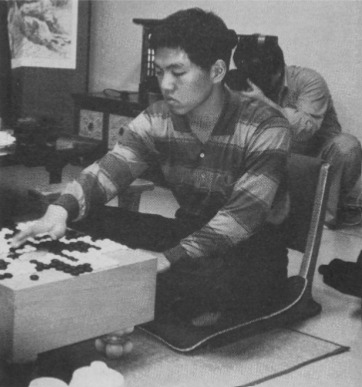
Most professionals prefer to wait until their later career or retirement to undertake a serious student, but beyond Lee’s talent Cho sensed a unique kinship with the boy. Like Cho, Lee presented himself as reserved and unassuming. He became even more so as he adopted Cho’s philosophy, which valued detachment. Cho believed that the duty of a Go player was to understand Go, whether that was achieved through winning or losing didn’t matter. Fleeting emotions and impulses simply cloud the mind and obscure whatever truths lay before you.
As with most philosophies, this commitment to detachment touched every aspect of their lives. Although they never celebrated wins, Cho also made a point of never punishing losses. Many would find living in this austerity oppressive, yet Lee seemed to thrive. Liberated from the ambitions and ego that drives early development in Go, he approached every game with a calm air of contemplation unmoved by dramatic plays. Over the course of his career this would earn him the nickname ‘Stone Buddha’, as he would become still, almost meditative when playing.
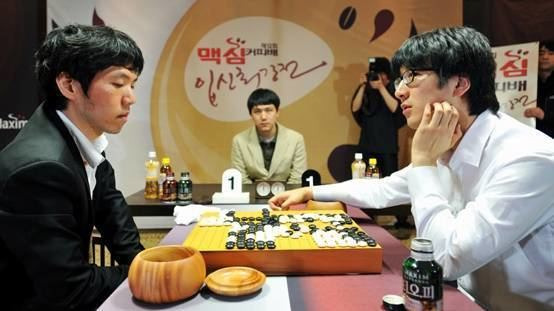
Playing for Half a Point
In his autobiography, Go With the Flow, Cho discusses his time mentoring Lee in greater detail. A diligent student, Lee would spend his time studying and discussing games with some of the biggest names in Go. In these sessions his curious disposition would slowly emerge. Unlike most serious players, Lee struggled to replay a game after its conclusion, a challenge he still faces to this day. Despite this, Cho soon discerned his technical proficiency. Lee quietly plays out entire games in his head and meticulously calculates the most secure route to winning. While many players, Cho included, are seduced into taking risks that could result in a landslide win, Lee would without fail play as conservatively as needed to earn a more assured win, even if that meant winning by just half a point.
In 1988, Lee and Cho would meet each other in a tournament for the first time at the 28th Choegowi Title Match. This was also the first time that a student would challenge their teacher in a major Korean tournament. Ultimately, Cho would win four out of the five games played. In the one game Cho lost, Lee won by just half a point. While many thought that one game was just a stroke of luck, Cho recognized it immediately. Lee’s talent for calculation was maturing. In the 29th Choegowi Title Match the following year, it would come into full bloom.
Final Game of the 29th Choegowi Title Match
Out of the five games to be played, they entered the last match tied 2-2. Given their similar temperance, it is surprising just how different their playing styles are, and that quickly became apparent on the board.
Lee’s slow progression earns him most of the sides, while Cho’s agile development helps him build large portions of the center. Throughout the game, Cho’s attacks were answered by a solid defense, leaving fewer and fewer vulnerabilities to exploit. Upon counting, Cho’s greatest fear became a reality.
Lee won the game, and his first of Cho’s titles, by half a point.
“Changho was the sun, rising with great energy, and I felt the heat taking over me.”
– Cho Hunhyun
When faced with the Stone Buddha he helped create, Cho would succumb. In the following years Lee would strip his former master of every one of his titles. Of the countless games they have played, Lee won by just half a point in twenty of them.
9th Tongyang Securities Cup
Throughout his career, Lee became known not only for his solid moves but his ability to turn a game around at a moment’s notice. In game four of the 9th Tongyang Securities Cup, he did just that against his opponent Yoo Chang-hyuk 9p.
Lee, preferring a tighter game and sacrificing more aggressive moves to this end, found himself in trouble by move 50. At this point, it seemed like White’s lower right group was vulnerable and black had a clear advantage. However, White soon leverages this position to develop the center and when the moment was right, he started a ko fight in Black’s bottom right group.
Lee played precisely, balancing his play just right to not only win the ko fight, but the match. This victory was also added to his extensive list of half point wins.
3rd Samsung Cup
Later on, in game five of the 3rd Samsung Cup finals, Lee had another opportunity to showcase his talent in a fascinating match. Playing opposite Ma Xiaochun 9p, the game begins with some novel moves.
Ma used an experimental play at move 10, which Lee side-steps to build out and secure his lower right group. Although this ultimately leads to a stronger formation for White, it is clear Lee chose to focus on his own development and survival. Later on in this game he makes another keen defensive play at move 93, before he commences a strong attack at the center of the board.
This tendency to prioritize securing his groups before going on the offensive, even at times where caution is not demanded, can be seen in some of Lee’s best matches. This is why his endgame attacks are unusually strong, as they gain power from solid groups developed earlier in the game. In this match his careful moves earned him victory by 2.5 points.
Dominating the Go World
Since surpassing Cho, Lee has carved out a place for his own name in the professional Go scene. Winning more than twenty international titles over the course of his career, he became known for his strong endgame and precise calculations. Despite weak or compromising openings, when faced with defeat he developed a knack for turning the tables. His technique flourished with his ongoing studies and mastery of the game. Exemplifying his strength, among his many accomplishments he set a record in the esteemed Kiseong title when he won 16-0 during the 1997 tournament.
Lee soon tackled mentorship in his own right, writing several books where he explored his analyses, strategies, and philosophies. All players, from absolute beginners to advanced professionals, can garner something from his works, such as his Life and Death series. Speaking to his prowess, you can even find him featured in Yuan Zhou’s Master Play series, already categorized with other leading players like Kitani Minoru and Cho Chikun. Following in the footsteps of Cho, he also published a surprisingly personal account of his life and career in his own autobiography.
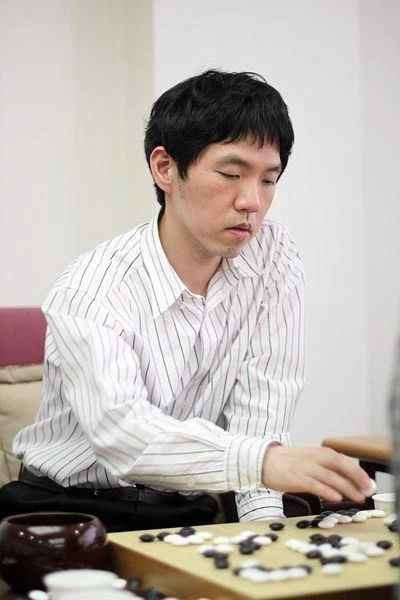
The Throne Passes On
The Go world was shaken as Lee slowly took the throne from Cho, title by title. Rarely has a succession of power taken place so dramatically, with a teacher and student becoming rivals. So sensational were his games with Cho, their story was adapted into a yet to be released film, simply titled The Match.
Lee’s style developed perfectly in response to Cho’s own. He was virtually made to inherit Cho’s strengths and cut into his weaknesses. However, staying true to their philosophy of Go, this left no bitterness between them. Even as Lee rose to dominate Go with an illustrious career into the 90s and 00s, the relationship he had with Cho remained a defining feature of his game.
But every era must come to an end, and eventually Lee was overthrown by Lee Sedol, who further refined the game. Just as graciously as Lee inherited his titles, he lost them, one by one. However, Lee Changho will undoubtedly remain the unphased Stone Buddha of Go, playing solid games into his later career. Today, he is remembered and still held in high esteem for his contributions to the innovations of Go.
“It was essentially his sincerity that took him to the ‘throne,’ and kept him respected even when he stepped down from it.”
– Cho Hunhyun
Knowing his history and perspective, what do you think was his most career defining game? (And knowing Lee, how did he overcome the odds and win?)
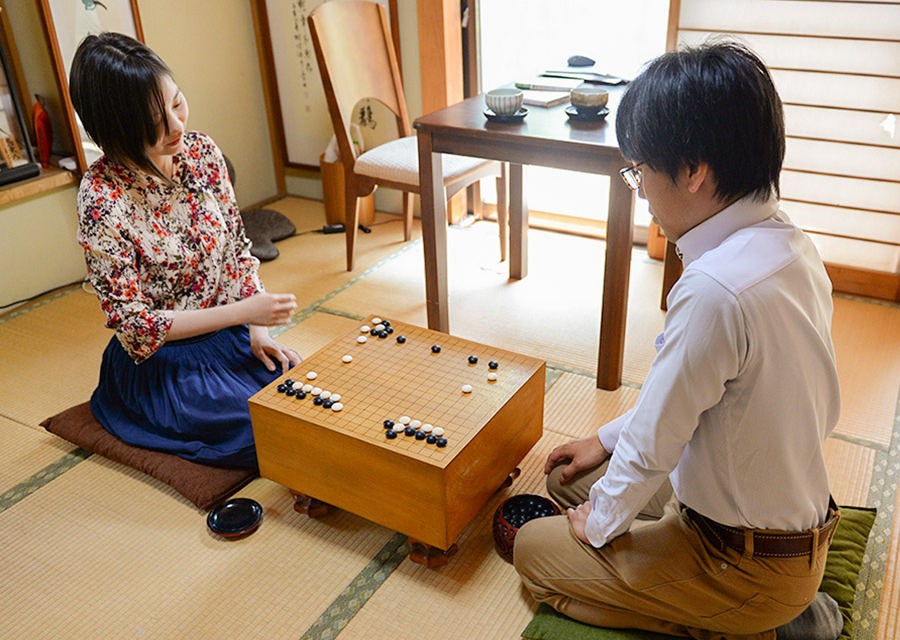
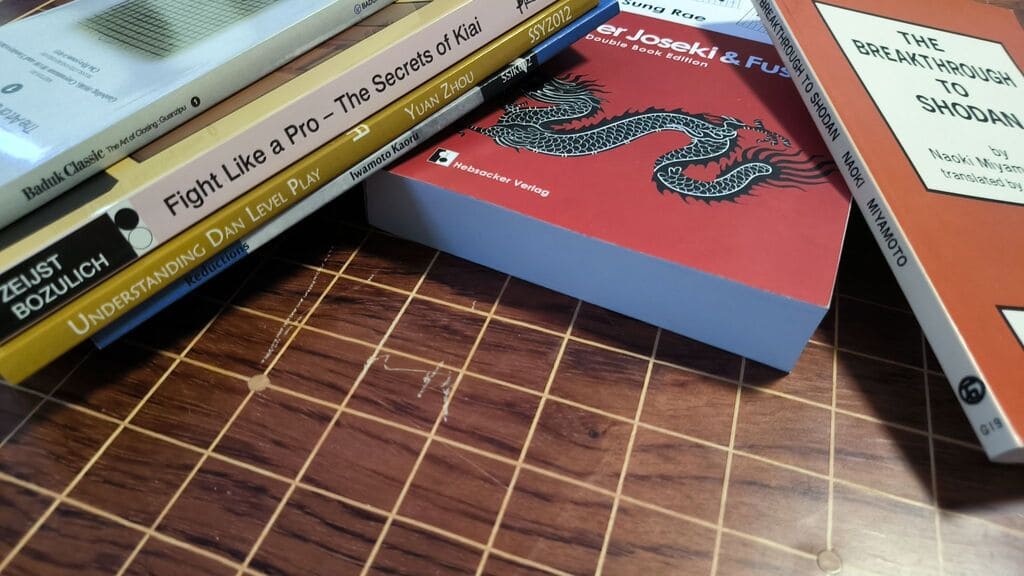
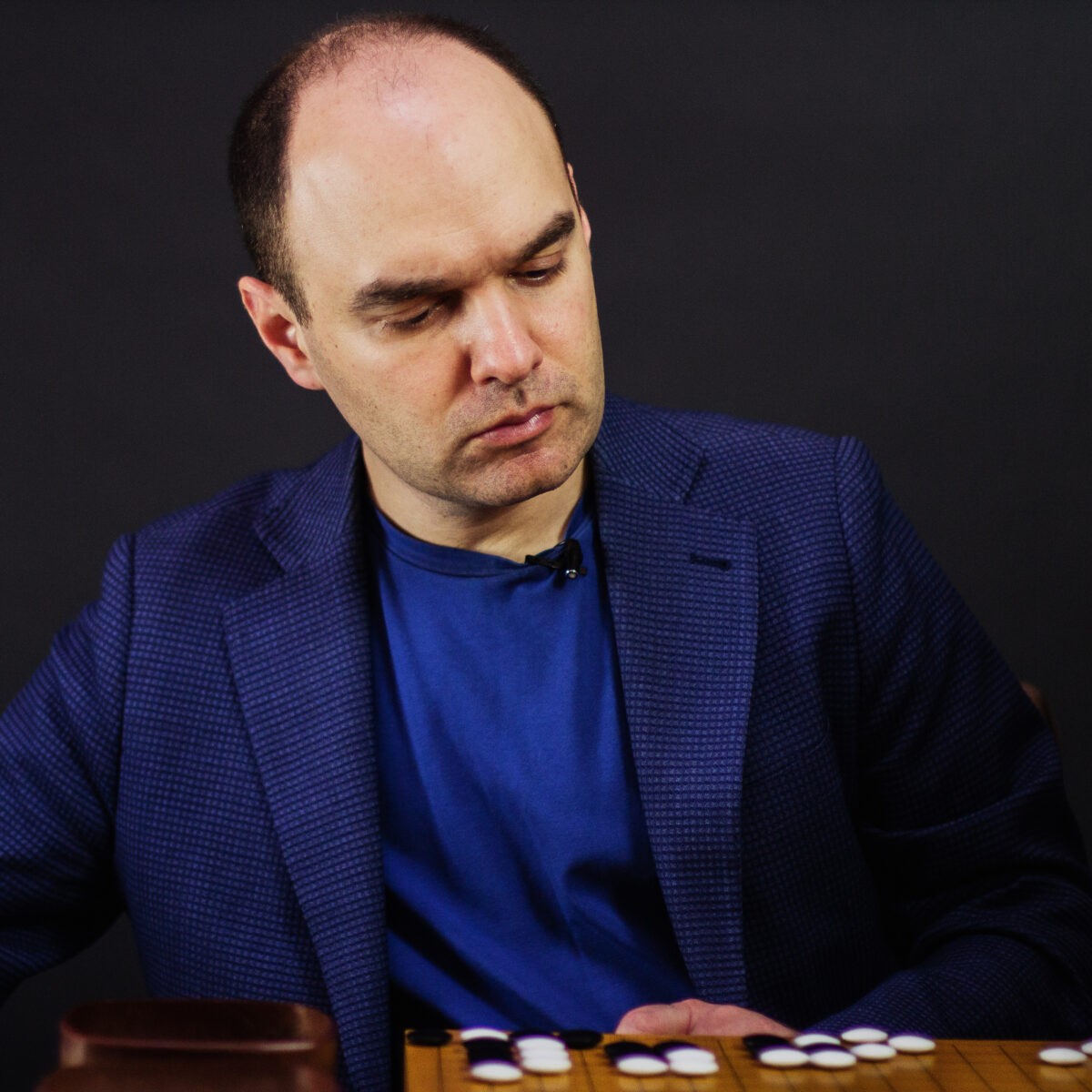
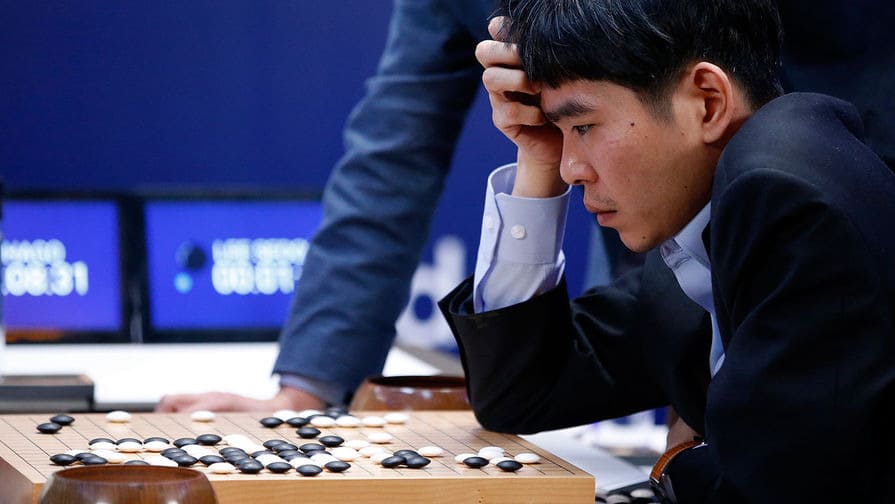
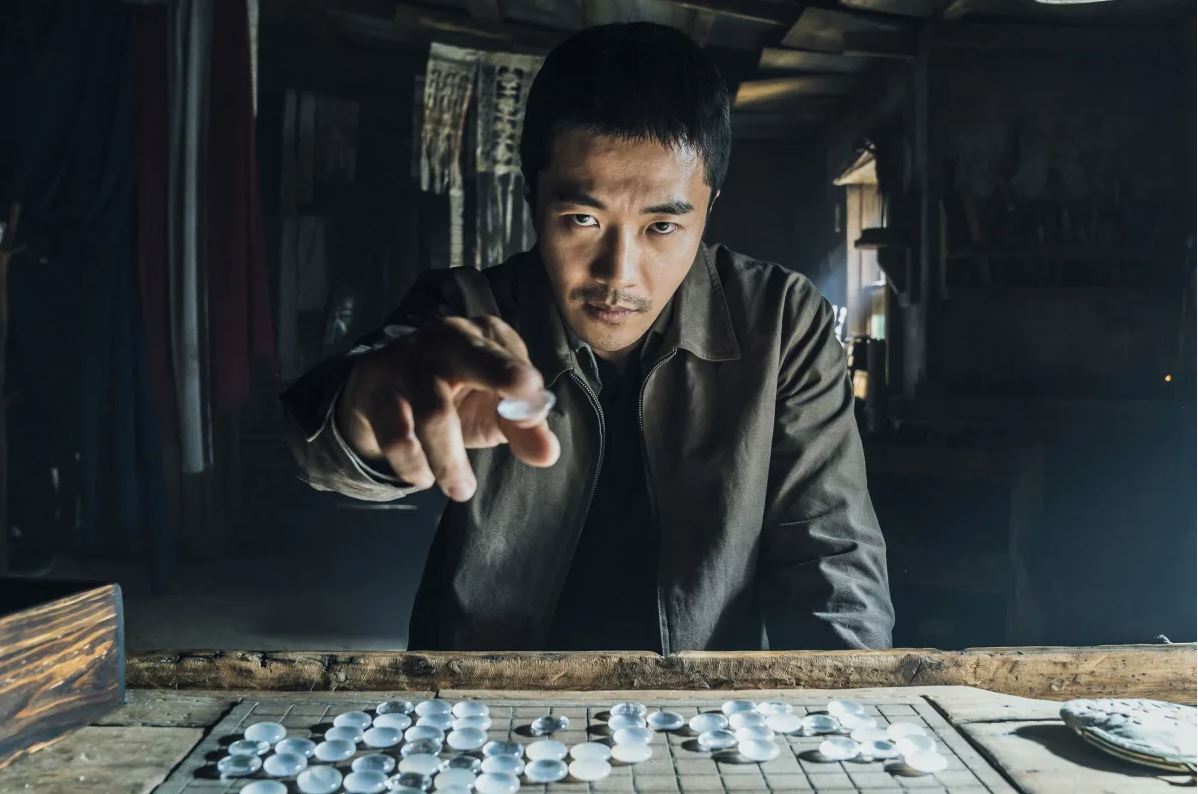
Оставить комментарий